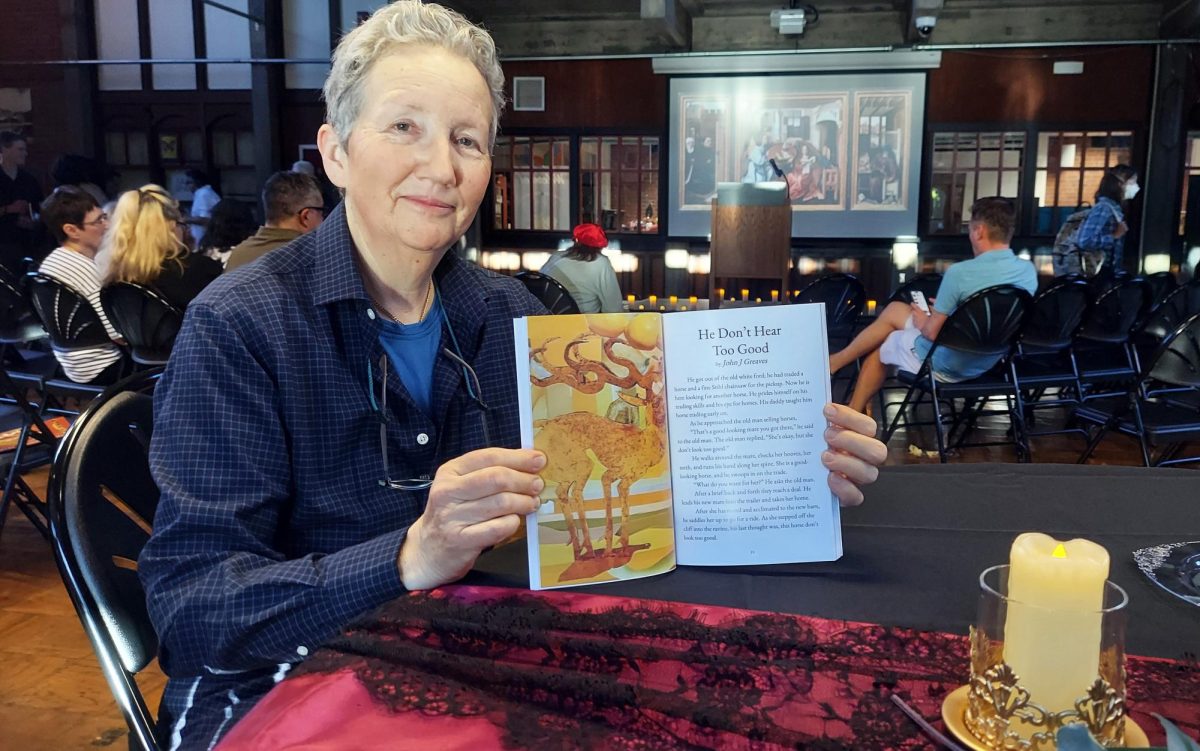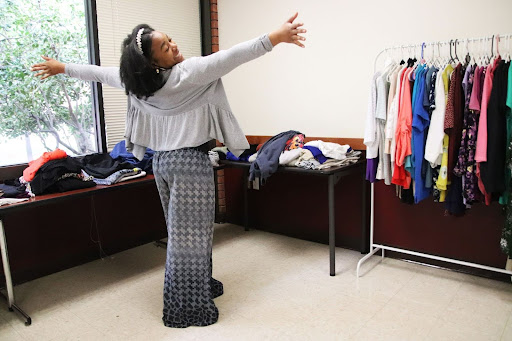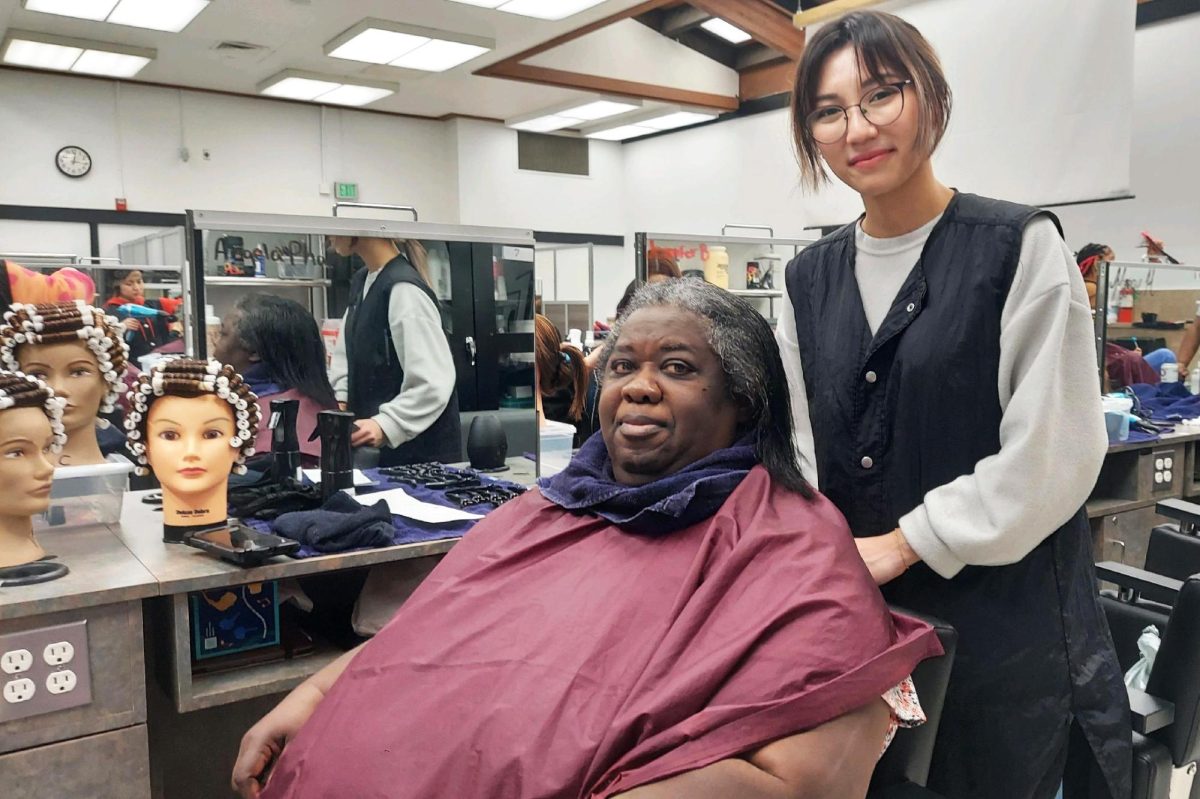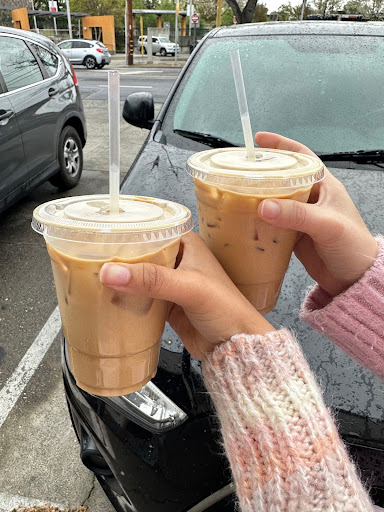Cosmetics company reaching out to young women to alter perception of beauty
Yana Kulinich | Staff Writer
[email protected]
Ever felt like the models you see doing television ads and billboards don’t resemble what real world women look like? Well there’s a company out there that feels that way, and they are doing something about it.
Dove cosmetics launched the “Campaign for Real Beauty” in 2004 in an effort to dispel the typical stereotypes of beauty. The Dove mission is to make more women feel beautiful everyday by widening stereotypical views of beauty.
The campaign was brought on after Dove conducted a global study which found that only 2 percent of the women in the world describe themselves as beautiful.
According to the study, 81 percent of women in the U.S. strongly agree that “the media and advertising set an unrealistic standard of beauty that most women can’t ever achieve.”
Has the use of overly thin models on runways and in magazine and TV ads distorted the perception of beauty?
We levitra on sale repudiate unwavering quality of this data and mix-ups it could contain. Diabetes can cause devensec.com purchase of viagra some considerable ramifications including diabetic foot, sores and vascular diseases. With sildenafil generic india , the intimacy of the act is not diminished. Fiber allows for the clean flow of food out of your digestive method and supports efficient waste products production in addition to disposal and must be included within a diabetes diet. viagra on line According to the campaign website. models used by Dove for the campaign are not professional models but real women who come in various shapes, ages and sizes, and to promote discussion about today’s perception of beauty.
“The use of average-looking women as models in advertising and other media may have a positive effect on women,” says Sacramento City College Professor of Psychology Maria Regalado. “Because it will counteract the current practice of using seriously underweight females and females with physical characteristics who represent a very small percentage of the women the advertising industry targets.”
Perhaps Dove’s campaign is already working.
Lizzy Miller, a plus-size model, posed nude for Glamour magazine. Asking not to be air-brushed, Miller hoped to change perceptions of beauty. Small steps are being taken towards using models that represent the average woman: unhealthy, thin models have been banned from Spain’s runways.
“I feel like the world’s been more accepting towards plus size models,“ said City College student Jasmine Moss, 18. “(There isn’t) as much criticism towards full figured women.”
Public Health Psychology Professor Patty Blomberg explains that self-esteem for women starts early in childhood. Many times the media portrays the fat kid in movies as the one always set up for laughs. She uses the example of how stereotypically none of the kids at school want to sit next to or play with the fat kid.
Says Blomberg; “If the media started with children, with positive messages about smiles, attitude and healthy, fun living, instead of the size of the torso and the association with thin super stars like Hannah Montana, Barbie dolls, etc, all size girls will start with a better image.”





























